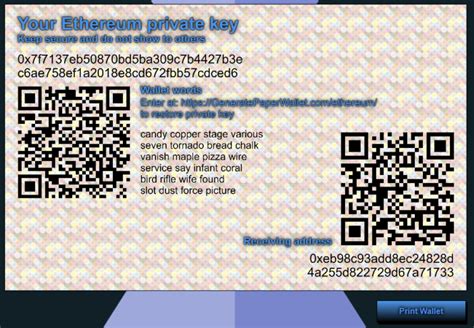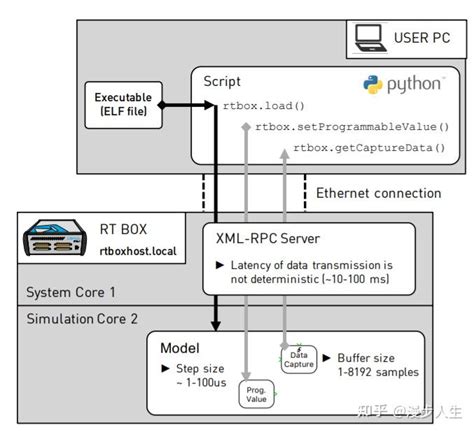Here is an article with explanations and troubleshooting steps for using Exodus Wallet:
Ethereum: A Beginner’s Question About Exodus Wallet
As a beginner to the world of cryptocurrency, you have just installed Exodus Wallet, a popular decentralized exchange (DEX) wallet. Congratulations on your first step in managing your Ethereum and Bitcoin assets! However, you are having trouble receiving funds from your Bitcoin wallet. In this article, we will explore why Exodus Wallet did not ask for an address when it was automatically generated, and what happens when you click “Receive” in your Bitcoin wallet.
Why wasn’t I asked for an address?
When you install Exodus Wallet, the software automatically generates a new Ethereum address. This is a standard feature for many wallets, including Exodus. The reason you haven’t seen this address before is that it is usually stored on another device or platform, such as a computer or mobile phone.
In order to access your Bitcoin wallet and receive funds from other wallets, Exodus Wallet needs to know the address associated with the Ethereum account associated with your wallet. However, if this address was not automatically generated when you installed your wallet, you may not see it later.
Two different addresses in your Bitcoin wallet
When you click “Receive” in your Bitcoin wallet, you will usually see two different addresses. These addresses are:
- Primary Bitcoin address: This is the default address for receiving Bitcoins and sending funds to other wallets.
- Ethereum address associated with your Exodus wallet: This is the address that was automatically generated when you installed your Exodus wallet.
Troubleshooting steps
To resolve the issue, follow these steps.

1. Check your wallet settings
Make sure your Bitcoin wallet settings are configured correctly. Go to
Settings >
Wallets
and make sure the Ethereum account associated with your wallet is enabled. If it is not enabled, you will not be able to receive funds from other wallets.
2. Check your primary Bitcoin address
If you see two different addresses when you click “Receive”, try checking your primary Bitcoin address. Go to
Settings >
Wallets and select the wallet associated with your primary Bitcoin address. If this address is correct, the problem is likely elsewhere.
3. Reset Exodus Wallet Settings
Sometimes, resetting your Exodus Wallet settings can resolve the following issues. To do this:
- Go to
Settings >
Wallets and select the wallet associated with your Ethereum account.
- Click the “Reset” button.
- Reinstall your wallet by re-downloading the Exodus Wallet app.
If none of these steps resolve the issue, please provide more information about your setup and experience, including:
- The exact version of Exodus Wallet you are using
- Your primary Bitcoin address
- Any error messages or warnings
I’d be happy to help you troubleshoot!








